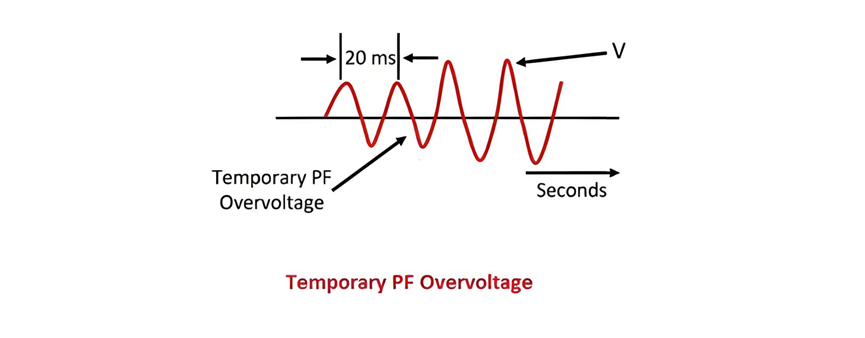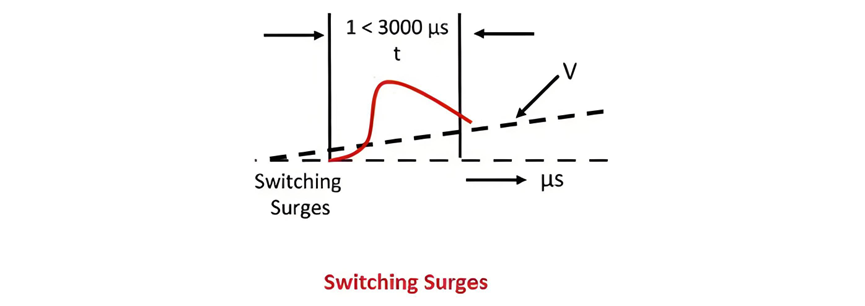Definition: Insulation coordination refers to the process of determining the insulation levels of power system components. In essence, it is about establishing the insulation strength of equipment. The internal and external insulation of electrical equipment is subjected to both continuous normal voltage and temporary abnormal voltage.
Equipment insulation is engineered to withstand the highest power - frequency system voltage, occasional temporary power - frequency overvoltages, and occasional lightning surges. Power system equipment is assigned a rated insulation level, and its performance can be verified through various types of tests. The insulation requirements are determined by taking into account the following factors:
Highest Power - Frequency System Voltage
AC power networks feature different nominal power - frequency voltage levels, such as 400V, 3.3KV, 6.6kV, etc. When the system is lightly loaded, the power - frequency voltage at the receiving end of the line increases. Power system equipment is designed and tested to endure the highest power - frequency system voltage (440V, 3.6KV, 7.2KV, etc.) without experiencing internal or external insulation breakdown.
Temporary Power - Frequency Overvoltages
Temporary overvoltages in the power system can be triggered by load rejection, faults, resonance, etc. These overvoltages typically have a frequency of around 50 Hz, with relatively lower peaks, a slower rate of rise, and a longer duration (ranging from seconds to even minutes). Protection against temporary power - frequency overvoltages is provided by an Inverse Definite Minimum Time (IDMT) relay.
The IDMT relay is connected to the secondary of the bus potential transformer and circuit breakers. The relay and circuit breaker respond within milliseconds, safeguarding the system from temporary overvoltages.

Transient Overvoltage Surges
Transient overvoltage surges in the power system can be induced by phenomena such as lightning, switching operations, restrikes, and travelling waves. These surges in the power system are characterized by high peak values, a rapid rate of rise, and a duration lasting for a few tens to hundreds of microseconds, which is why they are referred to as transients.
Such surges have the potential to cause spark - over voltages and flash - overs at sharp corners, between phases and the earth, or at the weakest points in the system. They can also lead to the breakdown of gaseous, liquid, or solid insulation, as well as the failure of transformers and rotating electrical machines.
Through proper insulation coordination and the use of surge arresters, the failure rates caused by lightning and switching operations have been significantly reduced. Various protective devices are installed on the power network. These devices are designed to intercept lightning strikes and to decrease the peak rate of rise of surges that reach the equipment, thereby safeguarding it from potential damage.

Equipment Withstand Levels
The basic insulation level (BIL) is a reference level, represented by the impulse crest voltage of a standard wave not exceeding 1.2/50 μs. Apparatus and equipment must be able to withstand test waves with amplitudes greater than the BIL.
Insulation coordination involves choosing appropriate insulation for equipment based on its intended use. This is done to minimize unwanted events within the system that result from voltage stresses (caused by system overvoltages). Insulation breakdown refers to the relationship between the insulation breakdown of various power system components and the insulation of protective devices employed to safeguard that equipment against overvoltages.
For the safe operation of equipment, its insulation strength shall be equal to or higher than the basic standard insulation level. Protective equipment for station substations should be selected to provide effective insulation protection corresponding to these levels while being as economical as possible.